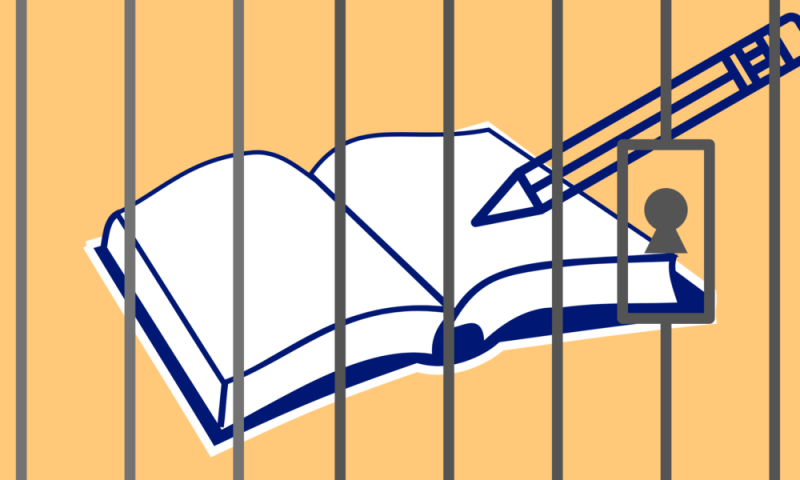

Education is a universal fundamental right, enshrined in both the Constitution and through supranational provisions, and is not dependent on the legal status of an individual. Therefore, access to education is a right of prisoners, as well as being a powerful tool for reducing repeat offending and contributing to social reintegration (see more on this 1, 2, 3 ).
Access to education for prisoners is a right provided for by Articles 35, 54 and 58 of the Penitentiary Code, Ministerial Decision No. 29809 (Government Gazette B 1368/03.07.2015) and Presidential Decree 62/2014, amongst others.
Although positive developments have taken place in the field of access to education in prisons over the years, the problems that arise in practice, particularly in regard to access to higher education, are a recurring issue (see 1, 2, 3, 4, 5, 6).
In this case, the issue of the effective exercise of the right to education is once again in question. The rejection of Mr Dimakis’ request for access to education and the attitude displayed by the Ministry of Justice in response was a matter of fierce public debate and commentary (see 1, 2, 3, 4, 5).
On April 14, 2018, Mr. Dimakis stopped his thirst strike and was transported to hospital, following the assurance of the Ministry of Justice that he would be permitted to attend university, and in May 2018 his request to attend university courses under electronic surveillance was finally granted. However, he had gone to extraordinary lengths, risking his life, in order to exercise his right to education.
The imposition of a penal sentence serves specific purposes, which includes rehabilitation and reintegration into society. Whilst the individual is deprived of their right to liberty, the state still has an obligation to ensure the effective exercise and protection of their other rights, such as the right to education. In a state governed by the rule of law, therefore, state authorities must respect and ensure the rights of prisoners, without prisoners having to fight for the rights they are entitled to.
In this case, the prisoner V. Dimakis went on a hunger and thirst strike, endangering his life, in order to secure his right to education.
Bank Account number: 1100 0232 0016 560
IBAN: GR56 0140 1100 1100 0232 0016 560
BIC: CRBAGRAA
![]()
In a time where the very foundations of democracy are gradually being eroded by the rise of extreme nationalism, alt-right movements, the spread of disinformation and corporate capture, the efforts of organisations such as Vouliwatch are more relevant than ever.
We rely on the generosity of each and every one of you to continue with our efforts for more transparency and accounta
By financially supporting Vouliwatch you support our litigation strategy, our campaigns for transparency and accountability in the political system, the development of new civic tech tools, our research projects and last but not least our impartial and accurate